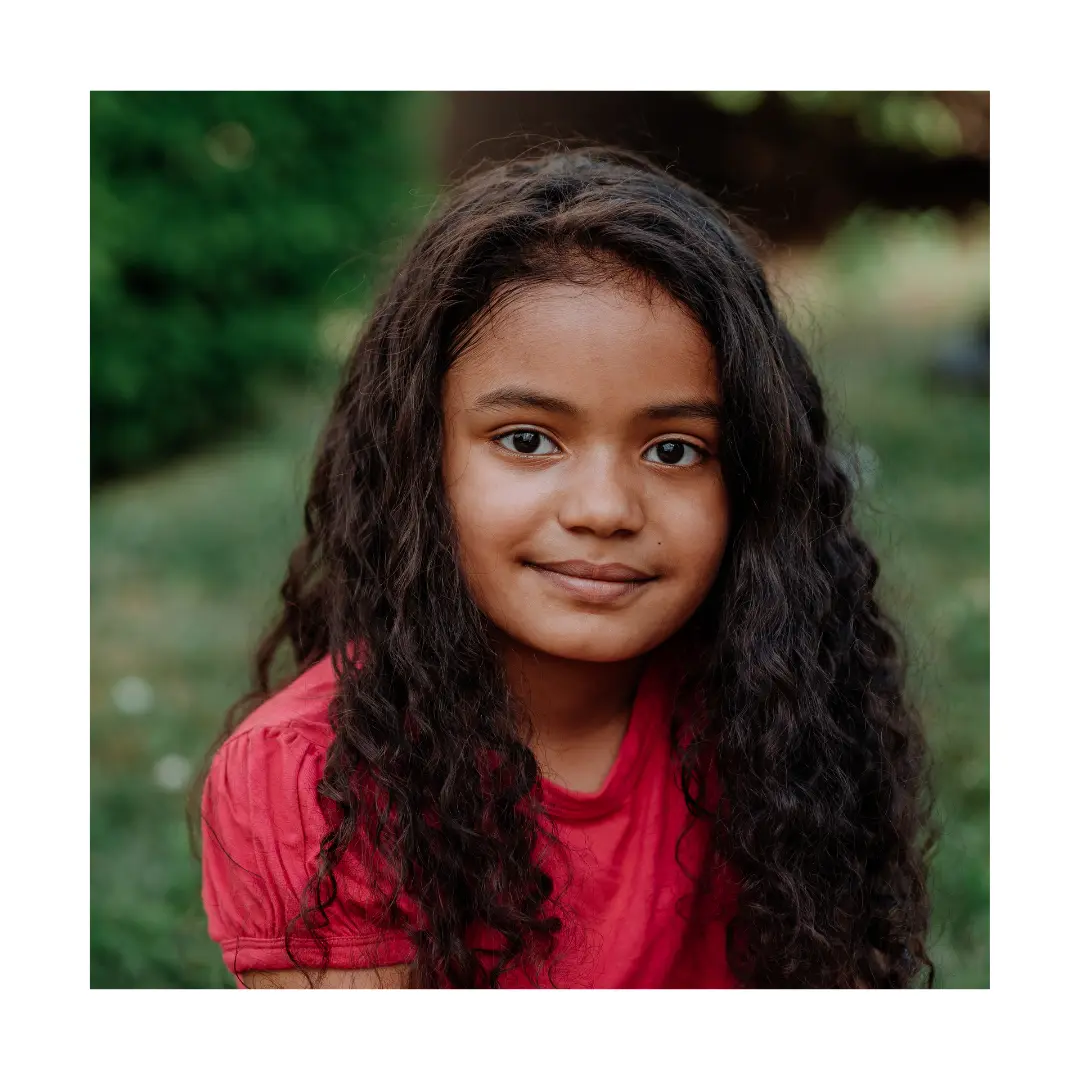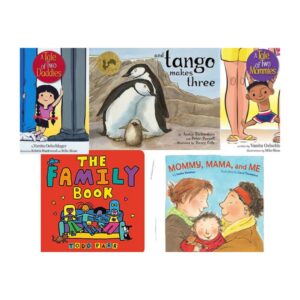Protected: Test Slideshow #1
There is no excerpt because this is a protected post.

Glen’s tears ran down his face as I told him that he wasn’t born in a prison as he believed and he was not destined to be a criminal. He had thought this for 10 years and had done everything he could to prove this was true. His Mum was in prison but I shared this didn’t mean that was his future.
I got a call from him recently telling me he was in college, studying to be a social worker and asked if I would give him a reference. One example of many where the truth has set a child free.
For the most part adoptive parents have accepted the message that children should know they are adopted but the details of their past we sometimes believe are too devastating for our children to know. We don’t think they have the competency to handle no matter what their age. We also don’t always believe we have the competency to handle our child’s reaction to the truth. We think we won’t be able to handle their rage, anger or sadness. That fear though can mean we have children that also think they will be overwhelmed by their own feelings when what we want our children to understand is that there is nothing they can feel or tell us that either of us can’t handle. With 22 years’ experience we can help you tell hard truths in gentle ways to children of all ages.
Secrets when discovered can destroy the love and trust that adoptive families in particular have fought so hard to build. Truth when told creates a solid ground for an adoptive child to understand their life story. While it may be hard to hear, knowing it gives them a solid footing rather than the quicksand of fantasy. Truth builds a connection between the past, present and future. Having little information can leave those adopted with deep feelings of being dis-connected. When no one addresses these deep feelings, children may feel they don’t have permission to ask those who have answers. A child’s story is the bridge that connects a child’s past, present and beyond. As a child who I had provided life story therapy said “I can’t change the past its done and over but I can make better choices for tomorrow.”
Truth validates the child’s need to know. When adopted children grow up in a home where no one talks of the past or mentions the birth family, they receive a message. Jayne Schooler an adoption author and co-creator of trauma competent caregiver training says “think back to when you were a child. Did you have a pet that died? Did you have one that disappeared? Which one was more painful? Which one was more difficult to get over? The answer is the pet that disappeared. With death comes closure with disappearance one is doomed to a lifetime of wondering.”
Finally, the truth releases a family from a maze of secrecy. If we tell the truth we no longer have to remember what we did say. Lies create an unmanageable maze. Adults have to remember what part of the story was told and what part was fabricated and who in the family knows and who doesn’t. When a family shares a child’s story age appropriately and creates an environment where openness and honesty prevail, they all live in freedom. Knowing it is okay to talk about the past with grandparents, and other close family members adds to a child’s sense of security. We love when we get requests to print additional copies of a child’s story so that they can be kept at child height at homes they frequent.
There is also love and beauty and a promise of forever that your family gets to celebrate with your child as well and while you should tailor your discussions to fit their development, ultimately walking in truth sets a family free.
There is no excerpt because this is a protected post.

The stories we are told as children play a role in who we become when we grow up. After all we eventually narrate our own lives. The character who inhabits books and screens have an impact on how children see themselves and others. Representation is so important.

I know 10 is much punchier but I just couldn’t